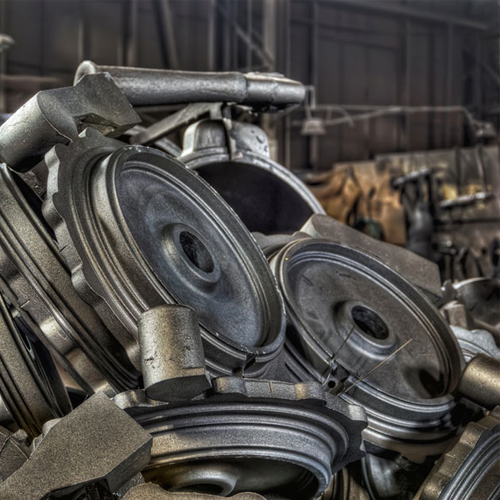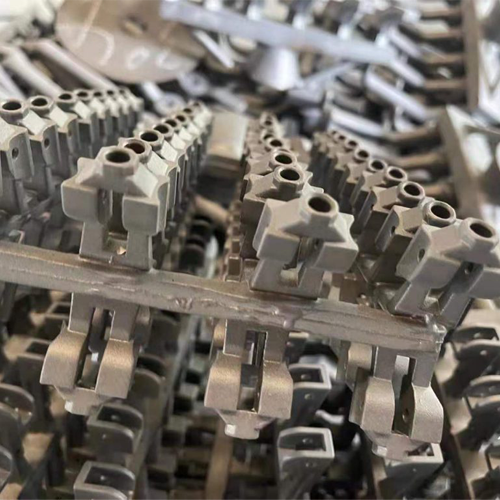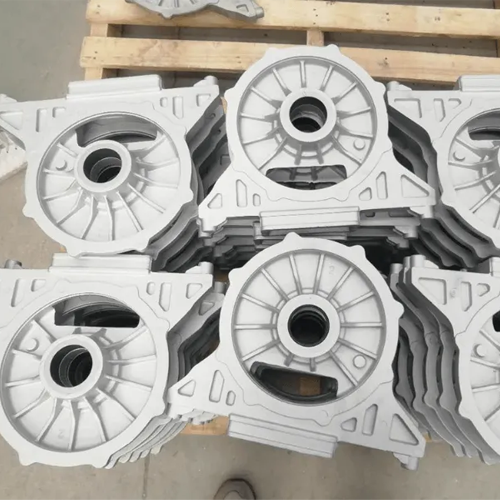Casting Products & Parts
Aluminum Gravity Casting


Gravity Casting
Aluminum Casting Parts!
Aluminum is the third most generous component in the world and the most abundant metal in the earth’s crust. Aluminum contributes to the earth’s core mass. However, refining is challenging compared to other metals, such as iron. For this reason, aluminum has crept behind other metal products, while efficient and cost-effective methods were developed to overcome this sophistication.
Aluminum casting produces high forbearance and high-quality parts by pouring molten aluminum into a specifically designed, precision-engineered mold or Cavity. It is an efficient process for producing complex, detailed parts that fit the original design’s specifications.
The typical method for casting aluminum is to pour molten aluminum into a steel mold that has been accurately processed to ensure that the cast piece will have an extremely smooth and refined surface. This process is one of several strategies used to produce Aluminum Casting Parts, each used to create specific types of components.
Casting Aluminum Parts
Tips For Casting Aluminum Parts!
Selection Of Material
Machining
Shrinkage
Thickness
Strength
Assembly
Designing
Reasons To Choose Aluminum For Casting Parts!
Weight
Ductile
Strength
Conduction
Resistance
Conclusion
Suppose you are looking for forged or Aluminum Casting Parts and components, Imperial World Trade Pvt. Ltd will be the place that has the expertise to deliver high-quality products for various sectors. Get connected to us and receive great customer experience value at a budget-friendly rate.



